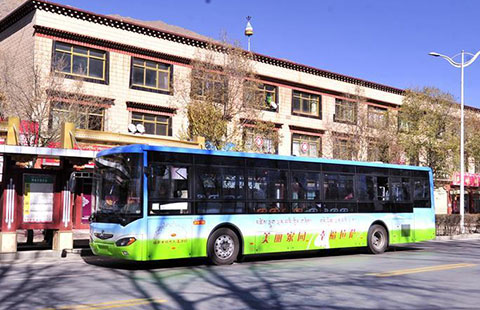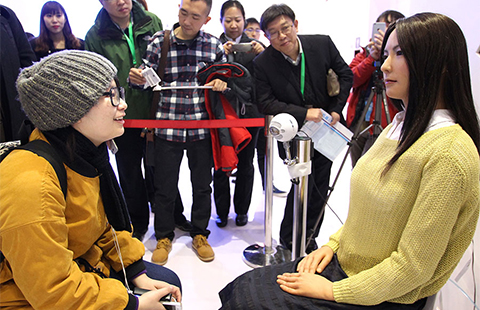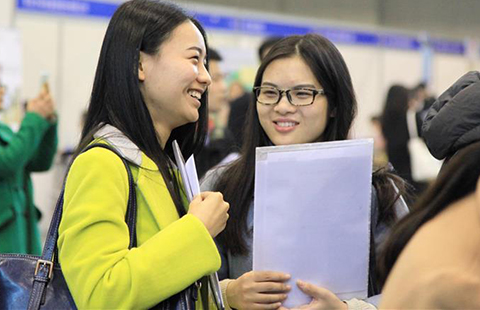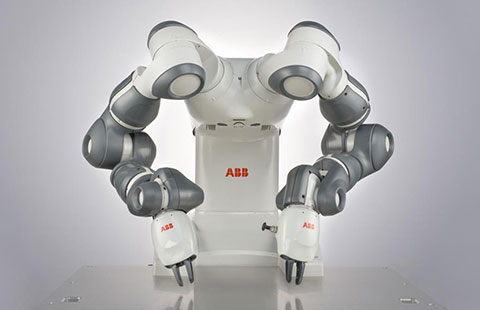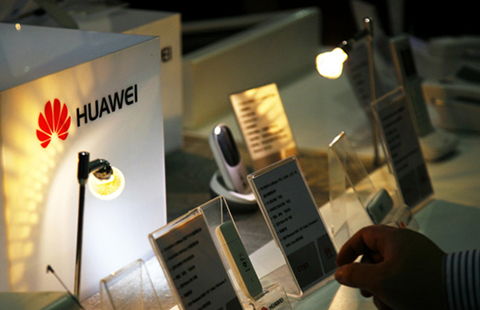Argentina's nuclear energy accords with China a 'historic opportunity': Energy think tank
(Xinhua) Updated: 2015-11-24 16:55BUENOS AIRES -- Argentina's accords with China on building two nuclear plants in the South American country represent a "historic opportunity" for the Latin American nation, a leading energy think tank said Monday.
The Energy, Technology and Infrastructure for Development Watch (OETEC) praised the agreements for promising to further Argentina's scientific, technological and industrial capabilities.
"These agreements ... represent nothing less than an official policy that the government of Cristina (Fernandez) Kirchner bequeaths to the next president, a true commitment to science, technology and national industry," the OETEC said in an article published on its website.
Cristina Fernandez, whose term concludes in December, will be succeeded by Mauricio Macri who won Sunday's presidential elections.
The OETEC's article aims to address concerns recently expressed by Macri's advisers about the nuclear plant agreements, including the allegation that the accords with China may have been hastily entered into.
Debunking those fears, the OETEC said the negotiations entailed "a process of bilateral talks and exchanges that ... began in the year 2010, with the pre-qualification of its technology."
Far from sowing concern among the energy sector, the accords with China "have awakened the optimism of a cutting-edge sector in scientific, technological and industrial terms," said the OETEC.
The only thing that should concern the incoming government "should be the failure of this historic opportunity Argentina has been given to consolidate its regional and international leadership in the development of peaceful nuclear energy," added the OETEC.
As part of their comprehensive strategic partnership, earlier this month Argentina and China wrapped up negotiations on building the country's fourth nuclear plant, and worked out a framework agreement for a fifth nuclear plant.
The firm Nucleoelectrica Argentina (NASA) and China National Nuclear Corporation (CNNC) will be working together on the fourth plant, estimated to cost nearly $6 billion, with "62 percent of its components being Argentine origin and 38 percent being Chinese origin."
Some 85 percent of the financing will come from Chinese banks.
To be built at the Atucha Nuclear Complex, about 110 km from the capital Buenos Aires and adjacent to the Nestor Kirchner and Juan Domingo Peron nuclear plants, the fourth plant will generate approximately 750 megawatts, and more than 7,000 jobs.
The CNNC, meanwhile, will provide the needed equipment and services that have to be imported, plus the materials Argentina needs to locally manufacture components for the plant.
A future fifth nuclear plant is set to feature a light water and enriched uranium reactor developed with Chinese technology, and produce some 1,000 megawatts.
- China, Estonia vow more infrastructure, tourism cooperation
- Chinese shares close higher - Nov 24
- First solar powered public bus operates in Tibet
- Porsche sets key tasks to brace for bumper year in 2016
- BMW concept sedan appeals to young generation
- Alibaba to buy SCMP stake: Caixin
- More high-speed rail lines to be built over next five years
- Alibaba in talks to sell stake in Meituan-Dianping, says report
